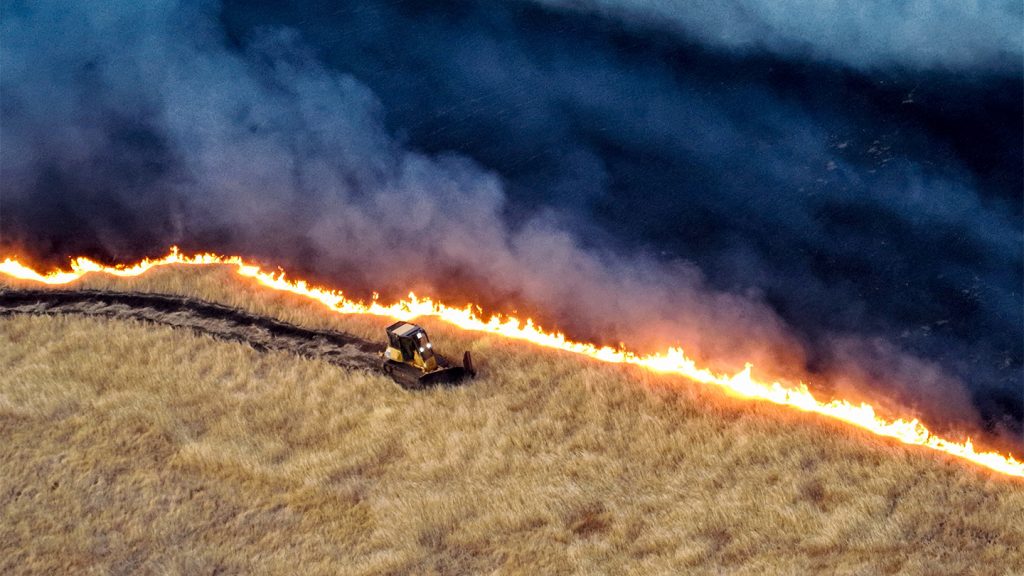Wildfire season in Northern California started early with the Corral Fire in San Joaquin County. A recent modeling study estimated the health impacts of exposure to smoke from wildfires over time, not just in the initial days but also after years of exposure. The research found that fine particulate matter pollution from California wildfires between 2008 and 2018 led to 52,500 to 55,700 premature deaths in the state. The economic benefit of reducing this early mortality was estimated to be between $432 billion to $456 billion as reported in Science Advances on June 7.
Exposure to fine particulate matter pollution, known as PM2.5, can lead to serious health issues as the particles can travel to the lungs and even enter the bloodstream, impacting various organs and functions in the body. Historically, studies focused on the short-term health consequences of wildfire smoke exposure, but there is now a shift towards understanding the risks associated with long-term exposure. PM2.5 can also come from other sources like fossil fuel combustion, factories, and agriculture operations, in addition to wildfires.
Environmental health scientist Stephanie Cleland highlights the need for efforts to build smoke resiliency to reduce the impact of wildfire smoke exposure on public health. Michael Jerrett, from UCLA’s Fielding School of Public Health, and his team developed a mathematical model to estimate the long-term effect of wildfire smoke exposure on mortality rates. The model incorporated the assumption that PM2.5 from wildfires may be more harmful than from other sources, as well as specifically estimating exposure to PM2.5 from wildfires.
To further understand the long-term effects of wildfire smoke exposure, future studies could involve following a group of people over several decades to compare death rates between those exposed to higher concentrations of wildfire smoke and those with lower exposure. Jerrett’s team opted for the mathematical model approach initially due to the time constraints of a longitudinal study. Given the increasing frequency and severity of wildfires due to climate change, it is crucial to address the significant public health impact of wildfire smoke exposure.
Overall, the study emphasizes the substantial impact of wildfire smoke exposure on public health over time. Efforts to reduce premature deaths due to fine particulate matter pollution from wildfires, as well as other sources, could not only improve public health but also lead to significant economic benefits. Continued research and preventive measures are essential to mitigate the health risks associated with wildfire smoke exposure, especially in regions prone to wildfires exacerbated by climate change. The study underscores the importance of proactive measures in building resilience against wildfire smoke and its long-lasting health consequences.















